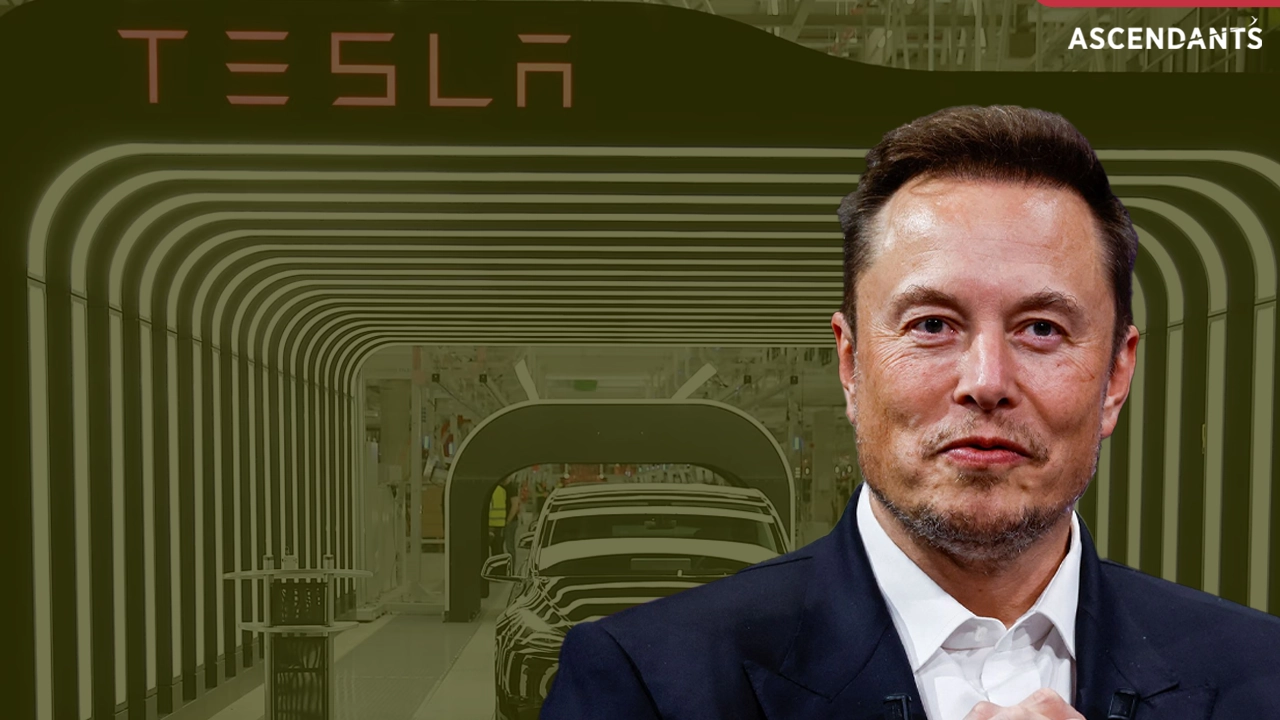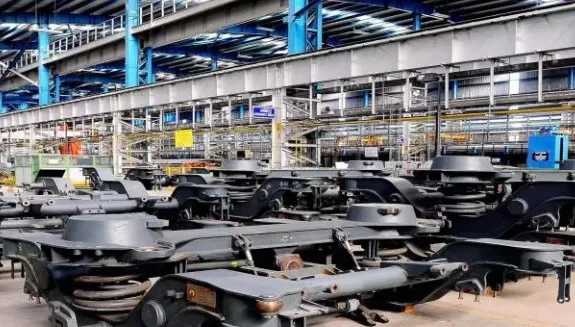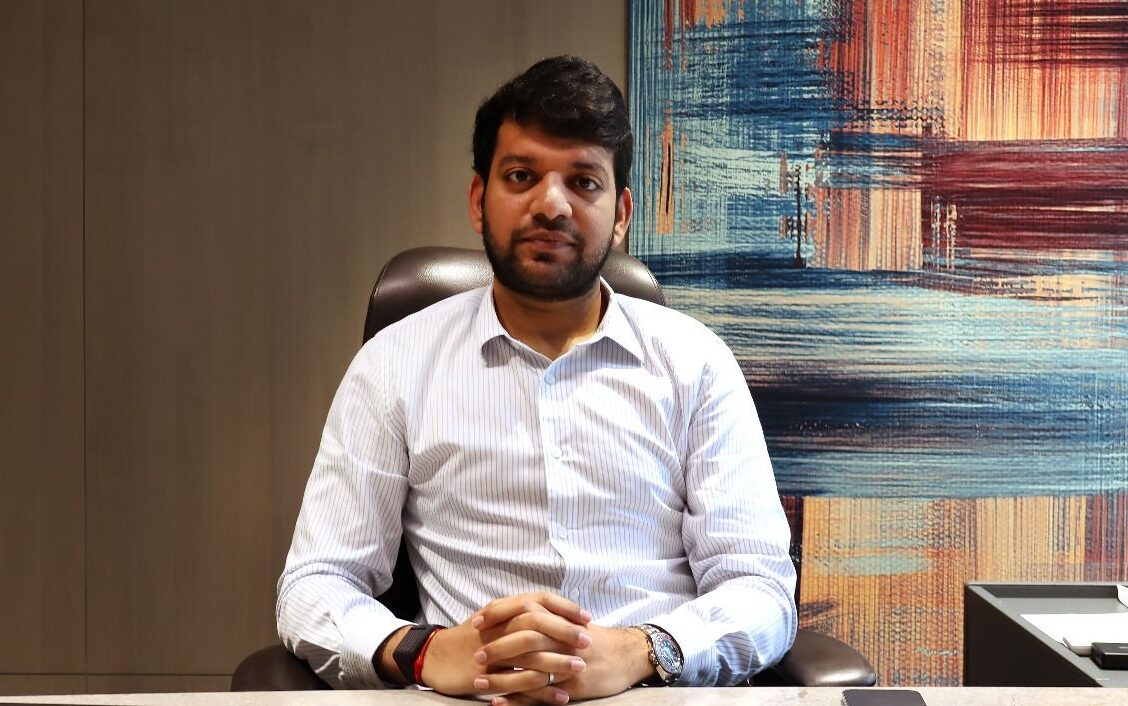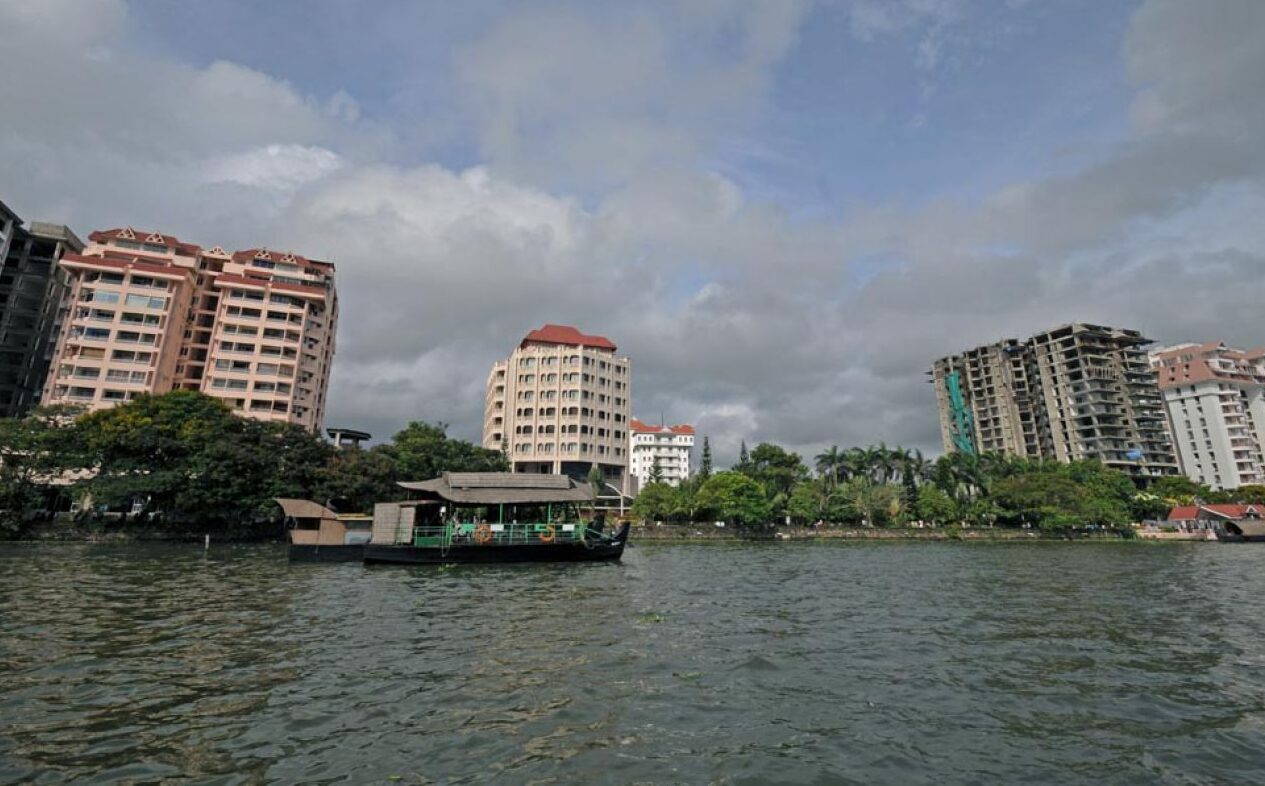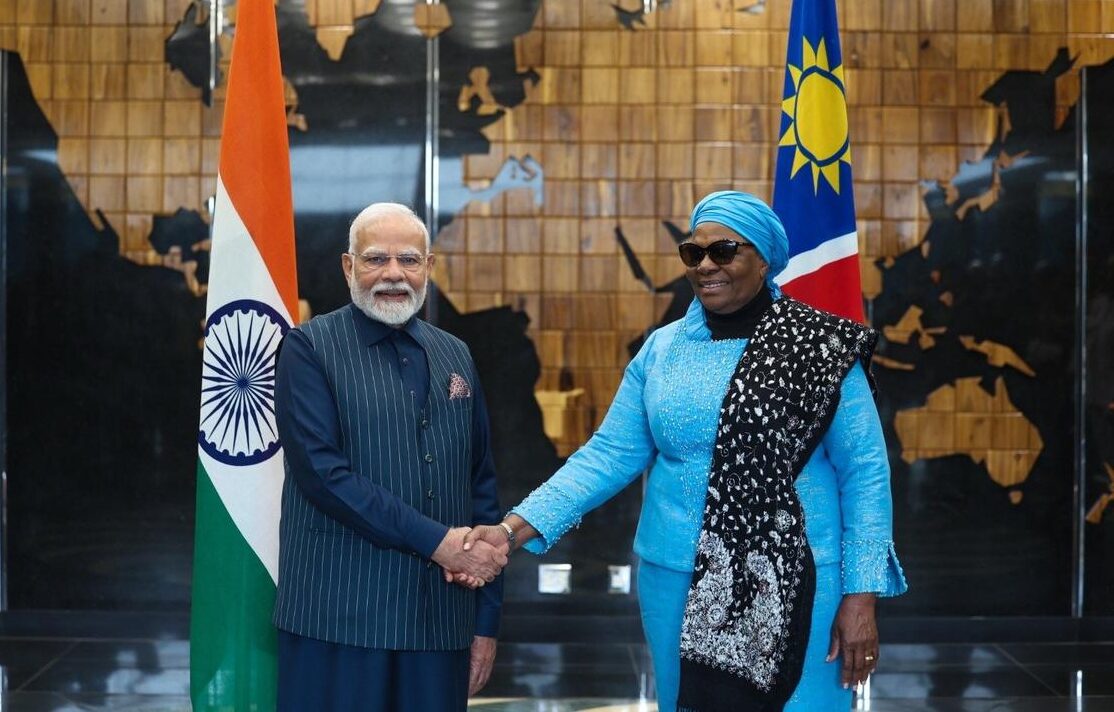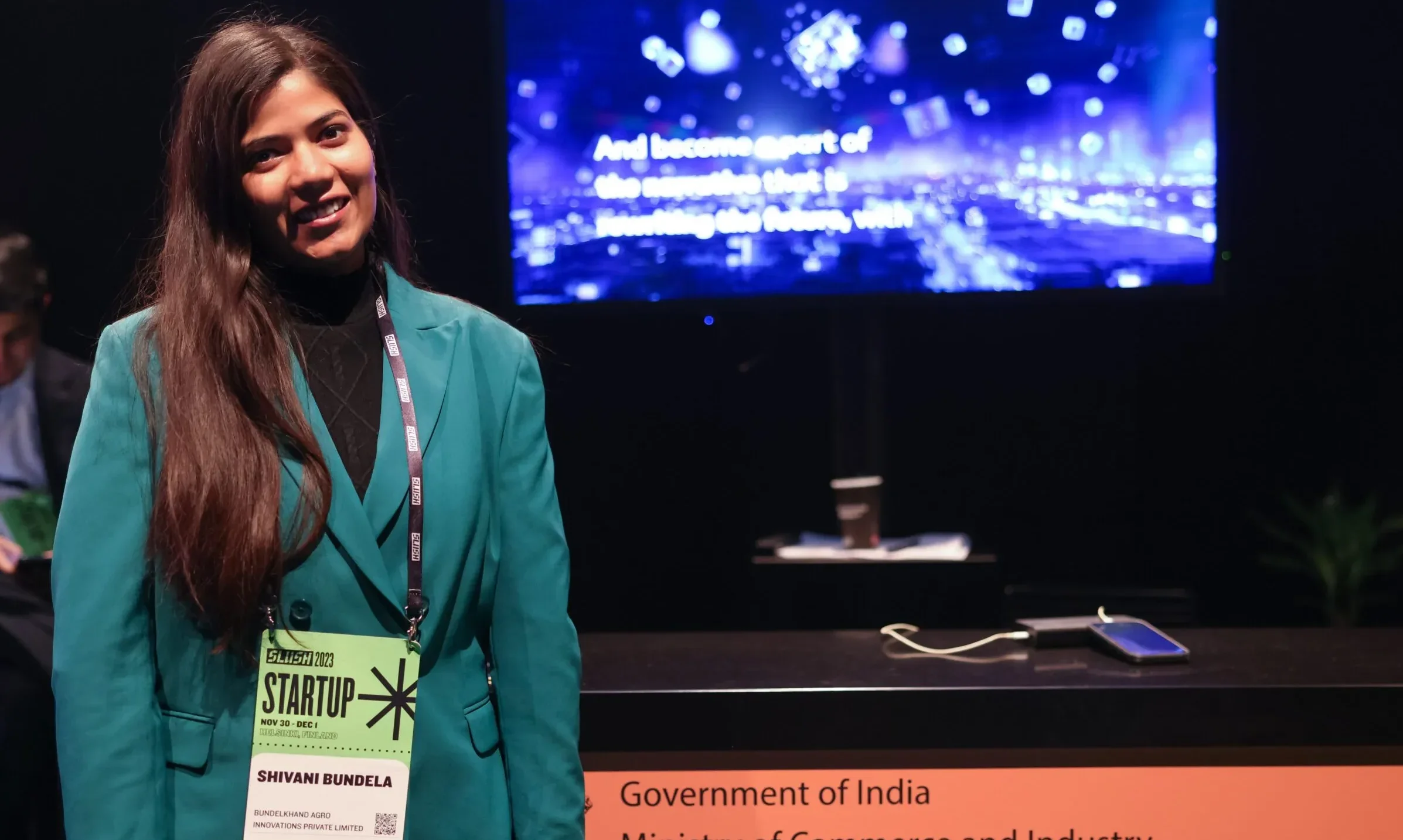Tesla, recognized as the foremost manufacturer of electric vehicles (EVs) globally, is actively pursuing opportunities to enhance its presence in India. The corporation is engaged in exploring showroom locations in major metropolitan areas while concurrently evaluating the feasibility of local manufacturing.
Showroom Expansion Efforts in India
To capitalize on the expanding EV market in India, Tesla has recommenced its search for strategic showroom sites in significant urban centres:
- New Delhi: Tesla is currently in preliminary discussions with DLF, the largest property developer in India, regarding the acquisition of space in DLF Avenue Mall in Delhi and Cyber Hub in Gurugram.
- Mumbai: The company is investigating premium showroom locations to establish a significant footprint in India’s financial centre.
The planned showrooms are expected to range from 3,000 to 5,000 square feet, designed to function as Tesla Experience Centres for customer engagement.
Additionally, Tesla intends to establish larger service and delivery hubs throughout India.
Manufacturing Prospects in India
Tesla’s ambitions extend beyond merely selling vehicles in India; the company is also contemplating the establishment of a manufacturing facility:
- Proposed Manufacturing Plant: Tesla has suggested the development of a factory in India to produce EVs intended for both domestic consumption and export markets.
- Economical Tesla Models: Reports suggest that Tesla aims to manufacture as many as 500,000 EVs annually, with an introductory price point of ₹20 lakh ($24,000), a strategy designed to make Tesla vehicles more accessible to the Indian consumer base.
- Support for Make in India: The Indian government has been actively encouraging local manufacturing by offering various incentives and policy advantages aimed at attracting companies like Tesla.
Also Read: Elon Musk Hosts Indian Business Leaders at SpaceX
Challenges and Regulatory Considerations:
The entry of Tesla into the Indian market presents several challenges:
- Elevated Import Duties: The Indian government imposes import tariffs of up to 100% on fully assembled vehicles, which significantly elevates the price of Tesla’s existing models, rendering them unaffordable for most Indian consumers.
- Infrastructure and Supply Chain Development: Establishing a manufacturing facility necessitates a robust supply chain and policies conducive to electric vehicle production, both of which are still in the developmental stages in India.
- Government Incentives: Reports indicate that India is broadening its incentives for EV manufacturing to entice automakers, including Tesla.
Evaluating Tesla’s Commitment to Local Manufacturing
Tesla’s renewed initiative to open showrooms in Delhi and Mumbai indicates a strong commitment to the Indian market. However, the prospect of local manufacturing remains uncertain as the company navigates through import duties, regulatory frameworks, and infrastructure limitations.
Should Tesla succeed in establishing a manufacturing facility in India, it could significantly transform the country’s EV landscape by making high quality electric vehicles more affordable and accessible. Conversely, if Tesla continues to operate solely as an importer, the elevated costs may confine its market share primarily to affluent consumers.









